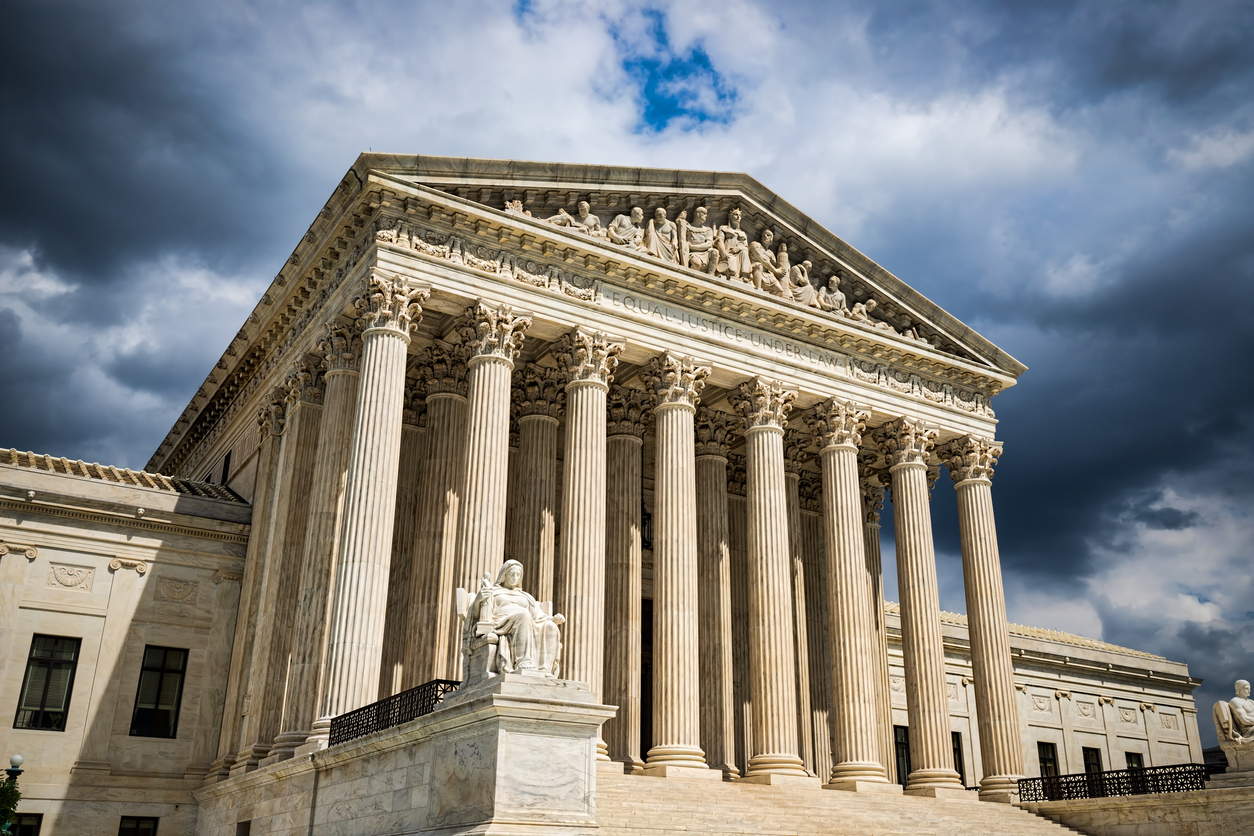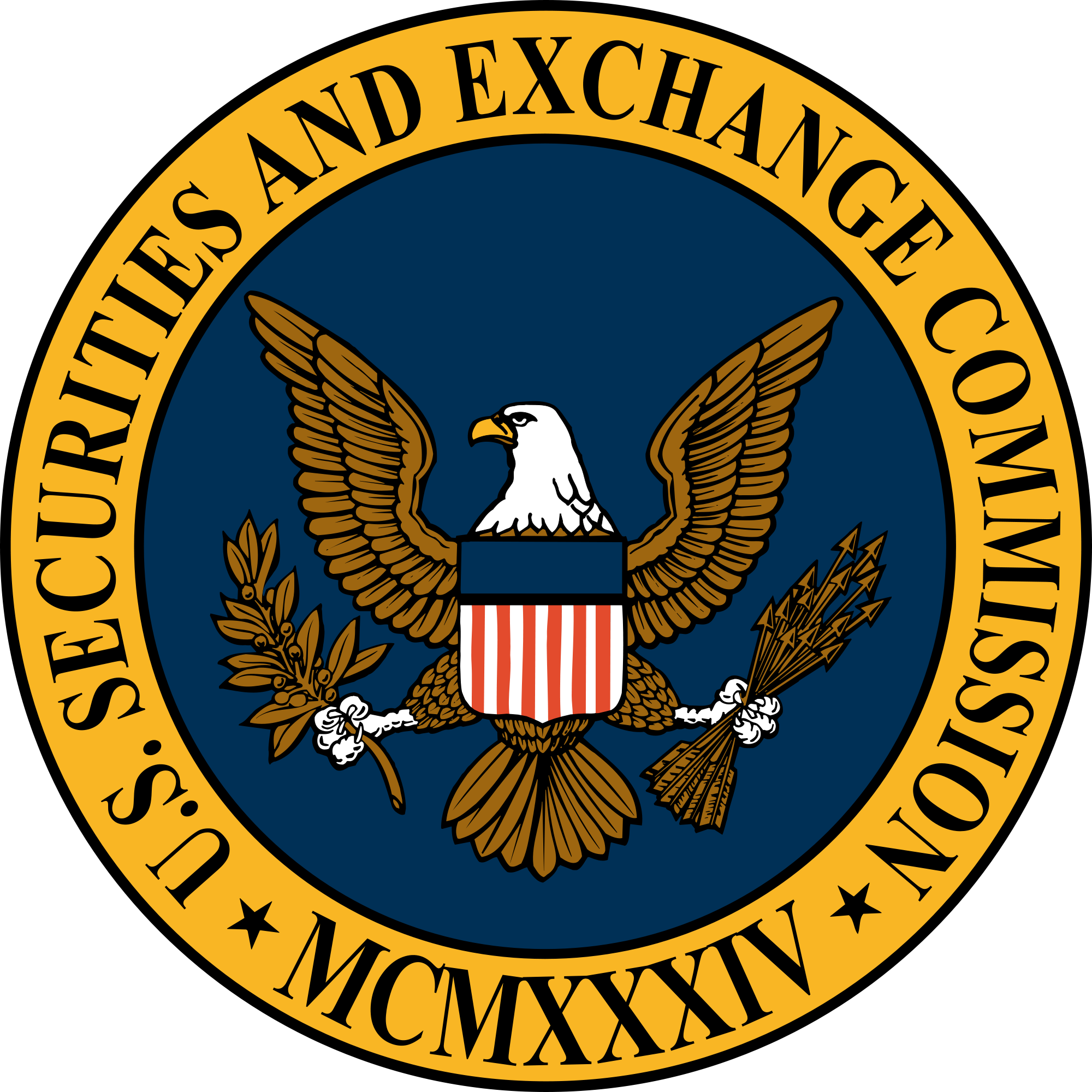But who’s responsibility is it? Cryptocurrency is not classed as legal tender in the UK and therefore regulation of it still represents a huge challenge. As Facebook prepares to launch its own cryptocurrency, called Libra coin, in June 2020, it is receiving some heavy criticism and scrutiny from the UK Government as well as President Trump, as concerns regarding potential fraud are raised.
The idea behind Libra was to create a currency that everyone can access, without the need for a bank account. But, following the Cambridge Analytica scandal and concerns around data privacy, the chair of the UK’s Culture, Media & Sport Committee, Damian Collins, has expressed doubt over whether Facebook can protect its users from fraud adequately.
Facebook’s David Marcus has attempted to provide reassurances, saying that users don’t need to trust Facebook to access Libra and that Facebook is committed to ensuring financial data is kept separate.
Regulators worldwide still have real concerns about Libra though, and it was even raised at a recent G7 summit with attendees fearing cryptocurrencies as the Libra could pose a significant threat to global financial stability. The Governor of the Bank of England, Mark Carney had also raised similar concerns back in June, although he said he was remaining open minded about Libra’s usefulness.
Further concerns raised by the FCA (Financial Conduct Authority) about Libra in particular centre around the size and scale of Facebook, as well as whether the social media company’s propensity to move fast means they may not have the right culture to develop something that requires such careful consideration and attention to detail.
The UK has no laws regarding cryptocurrency at present although the exchanges they sit on do have registration requirements. A brief developed by HMRC outlines the tax treatment of cryptocurrency income in terms of capital gains tax, income tax, VAT and corporation tax. It is aimed at those who trade and mine Bitcoin and other cryptocurrencies, as well as the exchanges and payment processers.
Most countries have no regulatory framework in place for cryptocurrency yet, and some countries have banned them entirely, but in April France brought in its cryptocurrency regulatory bill, and has urged the rest of the EU to adopt this.
The French Parliament has now approved laws which could attract cryptocurrency providers to be based there, as they would be officially recognised, while contributing to France’s economy through taxation. In countries where cryptocurrencies are unregulated, investors have nowhere to turn when things go wrong.
In France, investors would have confidence that cryptocurrency issuers have been verified, and have anti-money laundering rules and a viable business plan in place. This protects investors from fraud, although it does not currently offer protection against losses incurred.
It seems France is taking the lead in ensuring laws and regulations are in place, so investors, miners, and cryptocurrency exchanges know where they stand, and can operate legally. With the cryptocurrency market growing exponentially, other countries can no longer continue to stick their heads in the sand.




















